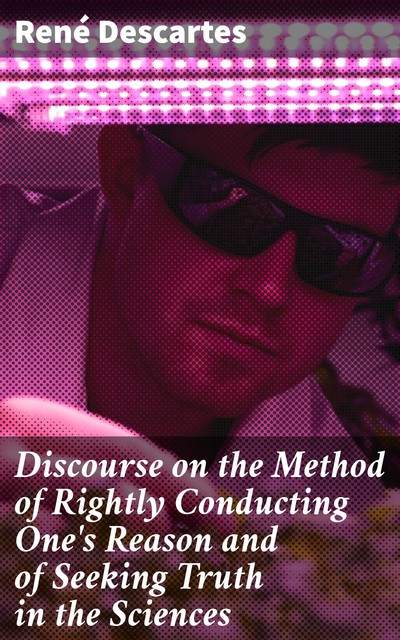In “Discourse on the Method of Rightly Conducting One's Reason and of Seeking Truth in the Sciences,” Ren√© Descartes presents a revolutionary framework for philosophical inquiry and scientific reasoning. This seminal work articulates Descartes'Äô method of systematic doubt and the quest for indubitable knowledge, introducing principles that blend rationalism with empirical observation. Written in a clear and accessible style, the book encapsulates the spirit of the 17th-century Scientific Revolution and serves as a foundational text for both modern philosophy and scientific methodology. Through a series of cogent arguments and personal reflections, Descartes prioritizes a rigorous approach to knowledge that challenges existing paradigms, making it a critical reference in the understanding of epistemology and methodology in the sciences. Ren√© Descartes, often heralded as the father of modern philosophy, was deeply influenced by his background in mathematics and the tumultuous intellectual climate of his time. His experiences in military service and education inspired his quest to establish a new scientific foundation grounded in clarity and precision. The climate of skepticism prevalent in Europe during the 17th century prompted Descartes to address foundational questions about certainty and truth, leading him to construct a methodology that both reflects and responds to these intellectual challenges. I highly recommend “Discourse on the Method” to anyone interested in the evolution of modern thought and epistemology. This text not only lays the groundwork for subsequent philosophical inquiry but also stimulates critical thinking about our own approaches to knowledge and understanding. Descartes'Äô insights remain profoundly relevant, offering readers essential tools for navigating the complexities of reason and truth.


